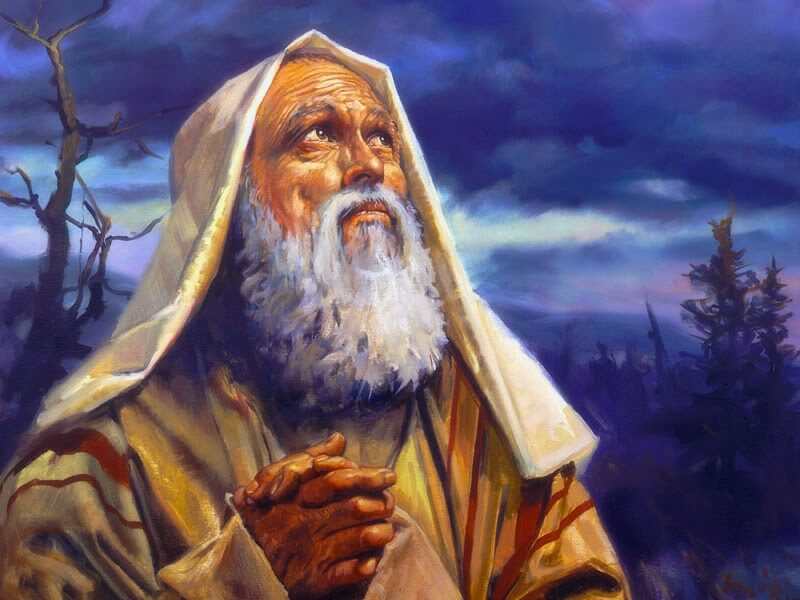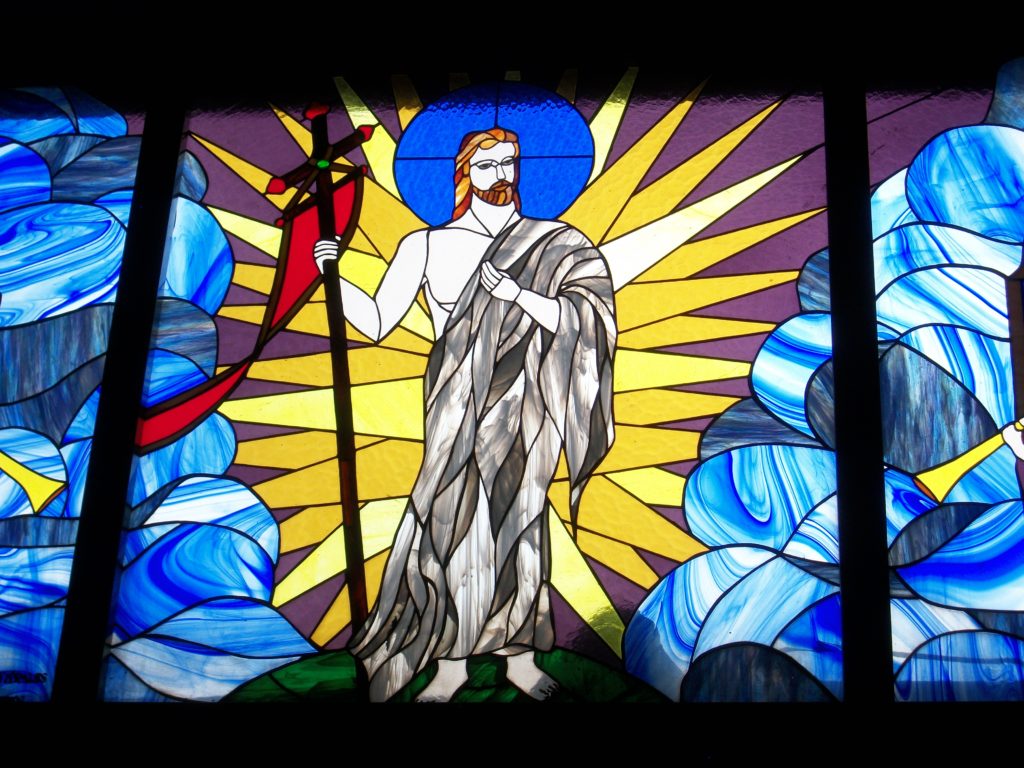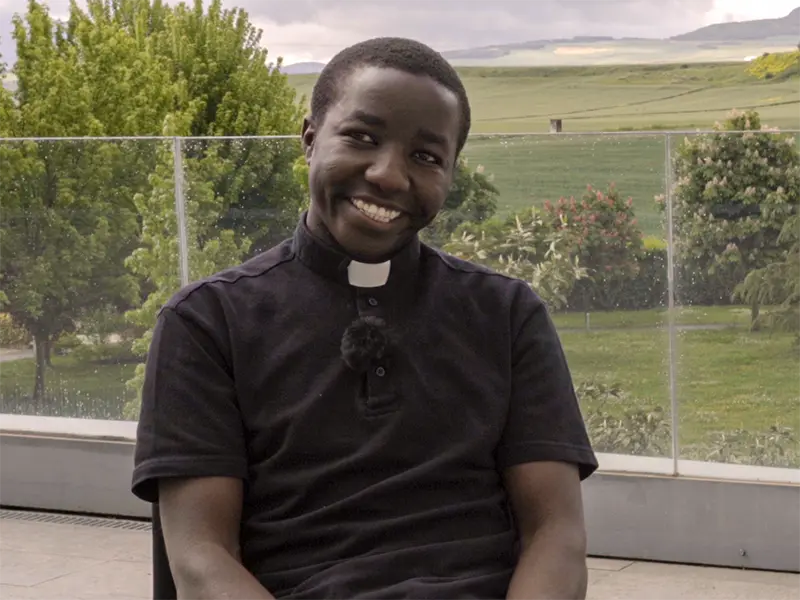Saint Isaiah, May 9
Prophet

Saint Isaiah was born in a noble tribe of Israel around 770 BC, sent by God to reveal to the unfaithful and sinful people the faithfulness and salvation of the Lord in fulfillment of the promise made by God to David. At one time tradition said that he would have lived for more than a century and that his prophecies covered some fifty years of Israel’s history, but modern Catholic textual criticism affirms that it was the heirs of his spirit who, through various additions, gave the current final form to the first original text.
God’s call comes in a vision
The ways of the Lord are infinite, as are how he calls us to serve him: in the case of Saint Isaiah, God comes in a vision to entrust him with his mission. The future prophet sees the Lord sitting on a great throne in the Temple, surrounded by cherubim, one of whom takes a burning coal from the altar and with it touches Isaiah’s mouth, “purifying” him from sin. Then God himself speaks up and sends Isaiah to preach the truth to the chosen people. (Is 6,1-13).
The prophetic charisma
The prophetic oracles attributed to the first Isaiah begin around 740 BC, under the reign of Ozias: Isaiah announces the fall of Israel in a historical period that coincides with the advance of the Assyrian empire towards the west. (Is 1-5) The oracles narrated in the first part of the book of Isaiah guard the kingdoms of Joatan, Ahaz, Hezekiah and finally Manasseh. When Hezekiah, for example, allies with the Egyptians against the growing power of the Assyrians, Isaiah opposes them and prophesies the destruction of the kingdom, exhorting the rulers not to seek alliances among themselves, but to turn to God alone. (Is 28-32) The prophetic book of Isaiah is made up of 66 chapters, divided into three parts. In the second part of the book, called “of consolation”, not only is Isaiah never named, but the events narrated are from two centuries later. In addition to this, the beauty and clarity of the texts has made exegetes think that more than predictions of future events, they are further theological reworkings of past events. (Is 40-55). In various parts of the book it also speaks of the coming of the liberating Messiah (Is 32,1-5; 61, 1-3), foreshadowing his birth and his works, (Is 2, 1-5; 7, 10-17, 9, 1-6; 11,1-9; 28, 16-17) and until his passion and death. (Is 42,1-4;49, 1-6;52, 13-15).
Death as a martyr
When the kingdom of Judah passes into the hands of Manasseh, Isaiah is worried: the new king is wicked and cruel, because he has fallen into idolatry. The Lord, then, sends the prophet to call him to worship the only true God and repent of his sins. We are in the year 681 BC. Manasseh, however, does not listen to Isaiah and, according to the apocryphal gospels, condemns him to an atrocious death: for this reason the holy prophet is also venerated in many places as a martyr.
Related

Reflection by Bishop Enrique Díaz: Alleluia, alleluia
Enrique Díaz
20 April, 2025
5 min

Christ is Risen! Alleluia! Commentary by Fr. Jorge Miró
Jorge Miró
20 April, 2025
3 min

Easter: Mystery of Freedom
Carlos J. Gallardo
20 April, 2025
5 min

“Being Catholic in Tanzania is a source of pride”
Fundación CARF
16 April, 2025
6 min
 (EN)
(EN)
 (ES)
(ES)
 (IT)
(IT)

